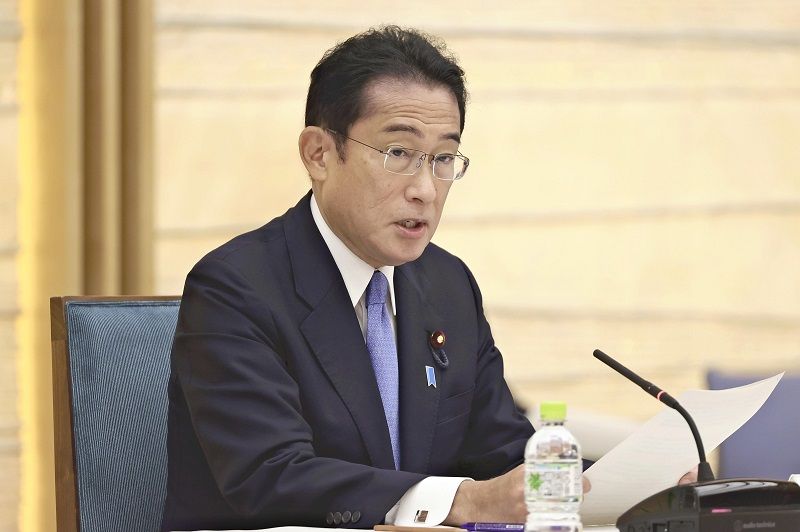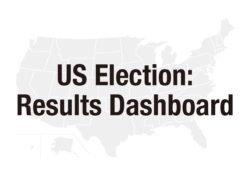Govt to keep imported wheat prices unchanged

Prime Minister Fumio Kishida speaks at the Prime Minister’s Office in Tokyo on Monday.
13:40 JST, August 17, 2022
TOKYO (Jiji Press) — Prime Minister Fumio Kishida instructed officials Monday to keep the prices of imported wheat the government sells to the domestic flour industry at current levels when they are reviewed in October.
“Soaring prices of bread, noodles and other food products that are essential to people’s daily lives are a pressing challenge,” Kishida told a government meeting. Wheat prices will be about 20% higher beyond September if they remain unaddressed, he said.
He made the instructions as part of a broader effort to tackle soaring prices of goods and services brought on by Russia’s invasion of Ukraine and a weaker yen. The government plans to draw up measures to reduce burdens on households in early September.
There are concerns, however, that taking such measures will force the government to expand fiscal spending at a time when it is uncertain when prices will turn lower.
The impact of higher wheat prices is “extensive because wheat is used in a variety of food items,” economic revitalization minister Daishiro Yamagiwa told a news conference.
If the prices of bread, noodles, confectionaries and other wheat-related products remain at current levels for six months, rather than rising 20%, burdens on individuals will be slashed by about ¥700 billion, or ¥5,600 per person, according to an estimate by Takahide Kiuchi, executive economist at Nomura Research Institute Ltd.
Imports account for about 80% of Japan’s domestic wheat consumption. The government reviews wheat prices in April and October.
The government raised wheat prices for the third consecutive review in April, when they rose 17.3% to hit the second-highest level since the current system started in fiscal 2007, due chiefly to drought in North America. The April review did not reflect the conflict in Ukraine.
On Monday, Kishida also instructed officials to consider ways to curb gasoline prices after the current subsidy program expires in September.
"Business" POPULAR ARTICLE
JN ACCESS RANKING








